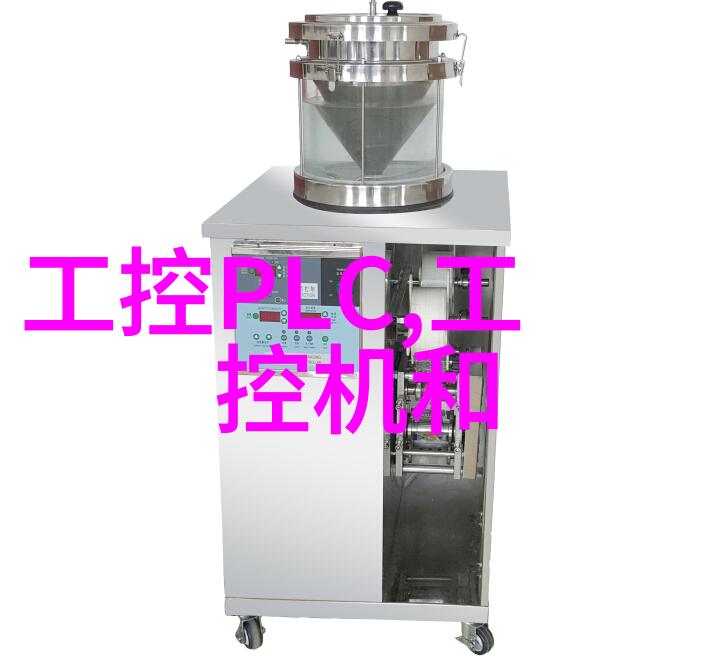高效率真空干燥技术的应用与未来发展趋势
高效率真空干燥技术的应用与未来发展趋势

随着科技的不断进步,真空干燥设备已经成为工业生产中不可或缺的重要设施。它不仅提高了产品质量,还大幅度节约了能源和原材料成本。以下是关于高效率真空干燥技术的一些关键点。
真空干燥设备原理与工作方式

真空干燥设备利用真空环境来减少水分蒸发所需能量,通过将湿物品置于极低压力下的条件下,使得水分蒸发过程变得更加高效。这项技术在食品、药品、化工等多个行业都有广泛的应用。比如,在食品行业,它可以用于制作无添加剂和保质期长的零食;在药品行业,则可以用来生产稳定性更好的处方药。
真空干燥设备分类及其特点

根据不同的工作原理和结构,真vacuum dryers can be classified into several types, including tray dryers, rotary drum dryers, fluidized bed dryers and spray dryers. Each type has its own advantages and disadvantages in terms of drying efficiency, energy consumption and product quality.
高效率真空干燥技术的优势

High-efficiency vacuum drying technology offers several benefits over traditional drying methods. Firstly, it allows for faster drying times without compromising on product quality. Secondly, it reduces the risk of contamination as the entire process takes place in a controlled environment with minimal exposure to air and moisture.
应用领域及其挑战

True to its name, high-efficiency vacuum drying technology has found applications across various industries such as food processing, pharmaceuticals and chemical manufacturing. However, there are certain challenges that need to be addressed while implementing this technology at scale.
未来的发展趋势
As research continues to advance in areas like nanotechnology and materials science, we can expect even more innovative solutions for high-efficiency vacuum drying in the future. For instance, advancements in membrane design could lead to more efficient separation of water from other substances during the drying process.
环境影响与可持续发展目标
Given the increasing focus on sustainability worldwide today's businesses are under pressure to reduce their environmental impact while maintaining productivity levels using technologies like true-vacuum dryer systems which have proven effective at reducing energy consumption by up to 70% compared with conventional methods accordingly companies must also consider ways they can offset their carbon footprint through investments renewable energy sources or green infrastructure projects aimed at mitigating climate change effects



